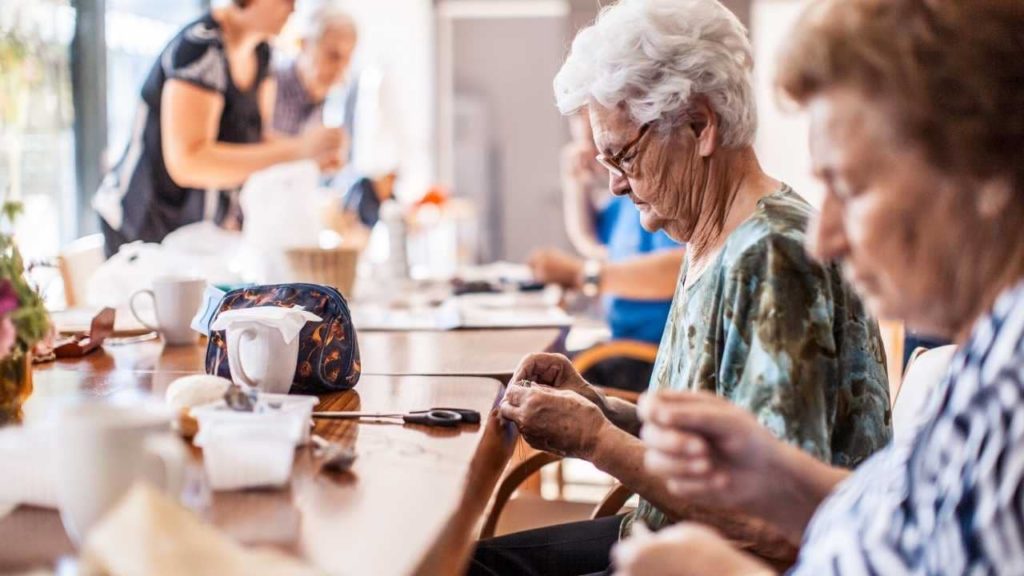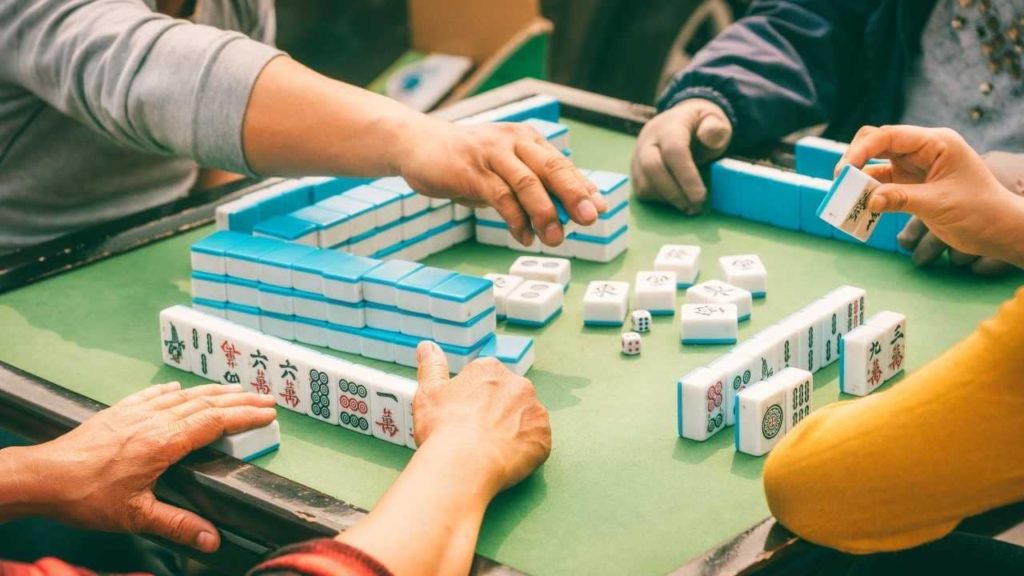You want the aide to do more than just feed, shower, medicate, dress, accompany and exercise your mother. Your mother is neither a plant nor a pet. You want the two of them to connect and keep each other company. You want to see them smiling at one another and enjoying their time together. You want them to engage with one another.
A family member cannot be the controlling boss of the aide. Neither can the patient be mistress of a servant. Theirs is a relationship of careful caring that benefits both the patient and the paid caregiver. There are rules of what a PCA or HHA can do. She has a plan of care to follow which the home care agency nurse has drawn up. Similarly, neither the patient nor her family members may ask the aide to drive or otherwise break the rules, which are mandated by NYS’s Department of Health.
The aide and her patient are spending a lot of time together and should do so in an atmosphere of pleasantness and cooperation. You may want to foster this relationship carefully with strategy and tact.
One thing you can do is put together a calendar of activities for the week to stimulate the patient and make things enjoyable for the aide. You must secure the cooperation of the aide so you may want to initiate with some suggestions. In other words, first float the idea.

Give the aide some time to think about it and come up with some enjoyable activities. She knows what her patient enjoys. You will also have some ideas for some interesting activities during the available time. Schedule some time to sit down together and draw up a tentative schedule for two or three activities a day.
Obviously, a senior’s schedule will include doctor appointments and other outings that require time and preparation. Nonetheless, there is plenty of unscheduled time during the allotted hours of home care that can be transformed into periods of art, hobbies, socialization, and more if the senior does not have major cognitive issues.
It is a good idea for the aide to take the lead in figuring out which time slots work for the patient and blocking out the tentative schedule. Take into account the games, hobbies, cooking, crafts, and religious practices of the patient. They can work on collages, holiday crafts, organizing photos, puzzles, Mah Jong, sending cards, or baking.

You may want to suggest to the aide that you eventually give these activities names such as Monday musicals, Tuesday family time, Wednesday weekly friends chat, Thursday tours via the internet, and Friday fun day. By so doing, the activities become regular parts of a schedule and the patient will anticipate the activity. Furthermore, the aide and family can make a production out of it. There can be a bi-weekly game night, paint night, collage creation day, and afternoon teas when the table is set with good china, doilies, and cake. Obviously, the family must provide supplies and materials for the two as well as suggestions for activities.
You can also designate particular corners of the home where these activities take place. Obviously, this kind of schedule with enjoyable activities tailor-made for the patient will increase cooperation as well as mental stimulation.

Once the schedule seems to work, you can buy a big plastic wall calendar and dry erase markers to go with it. Stickers and decals can be used to decorate particular recurring and special events. Get the family involved and they will make decorations, send items, and contribute creativity.
This investment in planning and execution will yield significant results. Your loved one will be happier and more stimulated. The caregiver will feel empowered to initiate activities that will make the time pass more pleasantly. The relationship between the two will be stronger. And you, the concerned daughter, will reap the pleasure of knowing you and the aide are caring for your parent with wisdom and thoughtful respect, exactly the way you want to be treated.






